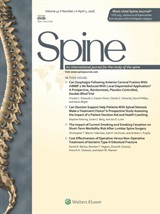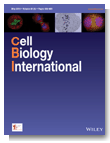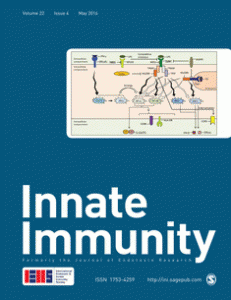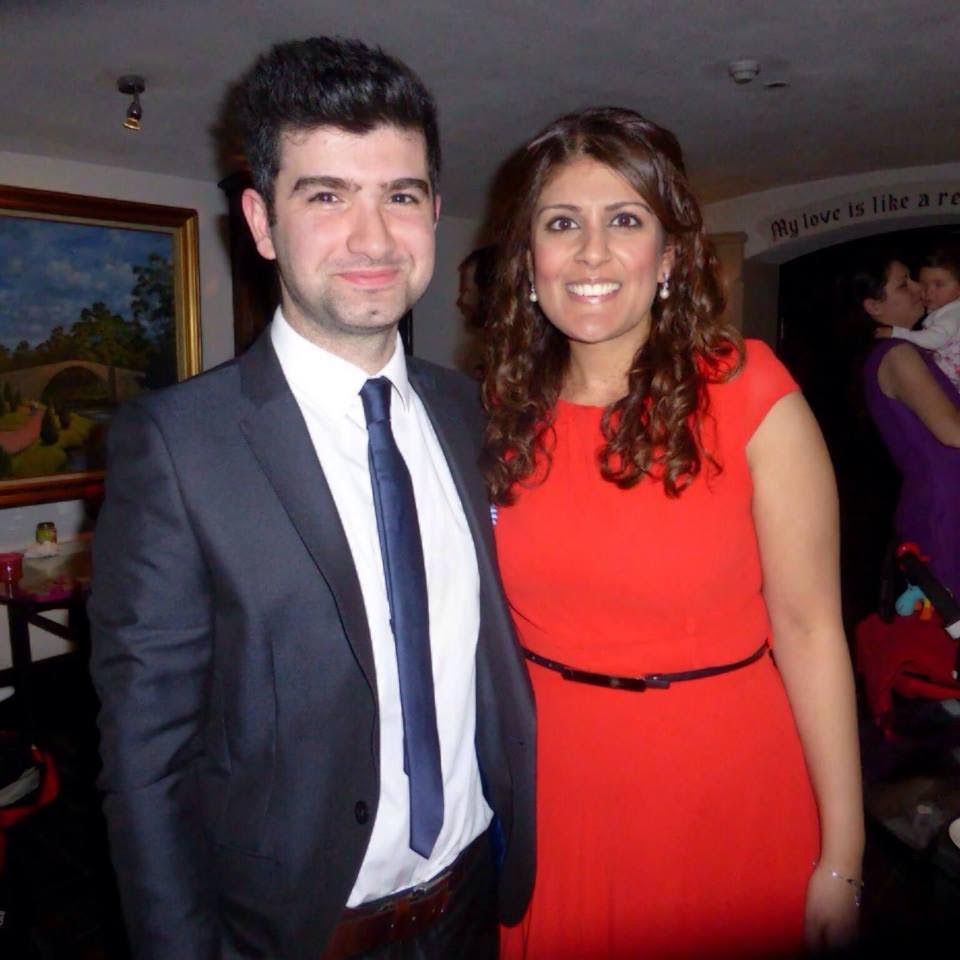 JAMA has announced it does not intend to retract a 2005 review article about fetal pain, despite requests from anti-abortion activists who claim it has been misused in debates about the procedure.
JAMA has announced it does not intend to retract a 2005 review article about fetal pain, despite requests from anti-abortion activists who claim it has been misused in debates about the procedure.
Earlier this month, JAMA told one anti-abortion critic that it would take a look at the paper, which suggested that fetuses can’t feel pain before the third trimester. Critics have argued that newer findings have shown pain sensation appears earlier in gestation, yet the 2005 data continue to be cited in the discussion around abortion. What’s more, critics have lamented that some of the authors failed to mention their ties to the abortion industry.
But in a letter sent yesterday to James Agresti, Howard Bauchner, Editor in Chief at JAMA and The JAMA Network, writes: Continue reading JAMA: No plan to retract article on fetal pain, despite outcry from anti-abortion activists



 The authors of a study about spinal fusion surgery have retracted it after realizing the cohort study was described as a prospective, randomized trial.
The authors of a study about spinal fusion surgery have retracted it after realizing the cohort study was described as a prospective, randomized trial.  A U.S. judge has denied a virology researcher’s third attempt to overturn a seven-year debarment from receiving federal funds, following a 2010 decision by the U.S. Office of Research Integrity.
A U.S. judge has denied a virology researcher’s third attempt to overturn a seven-year debarment from receiving federal funds, following a 2010 decision by the U.S. Office of Research Integrity.
 Note: We are reprinting below an article
Note: We are reprinting below an article 
